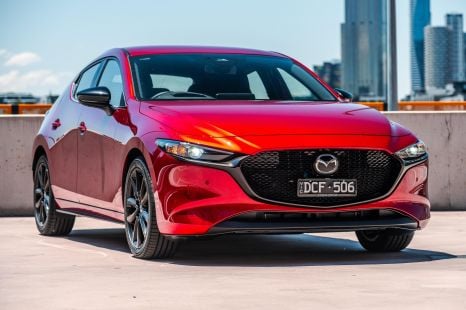

Josh Nevett
2025 Mazda 3 G25 Evolve SP review
2 Months Ago
Wondering what the difference between the old MZD Connect system and the seventh-generation setup is?
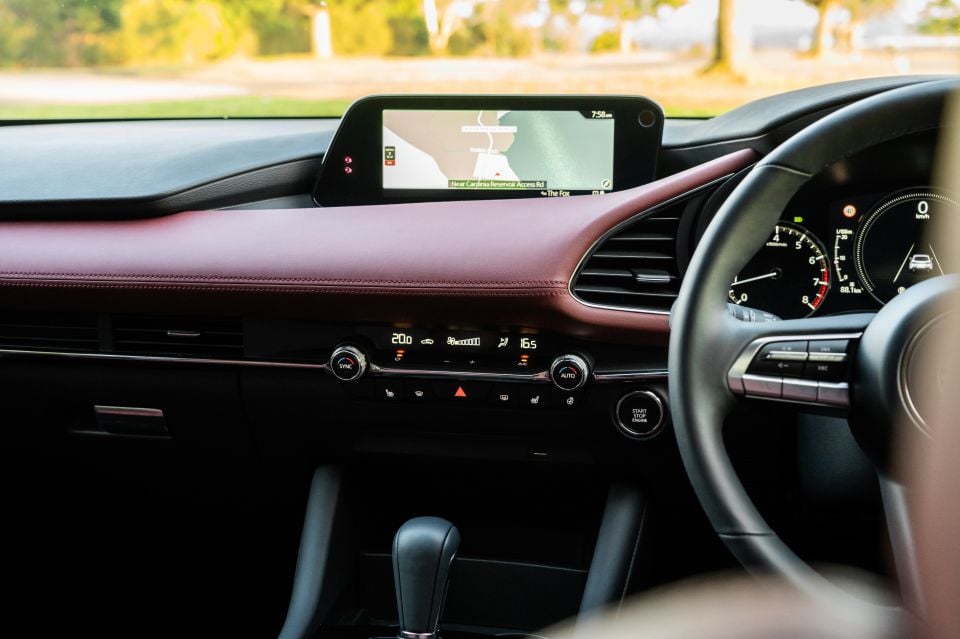
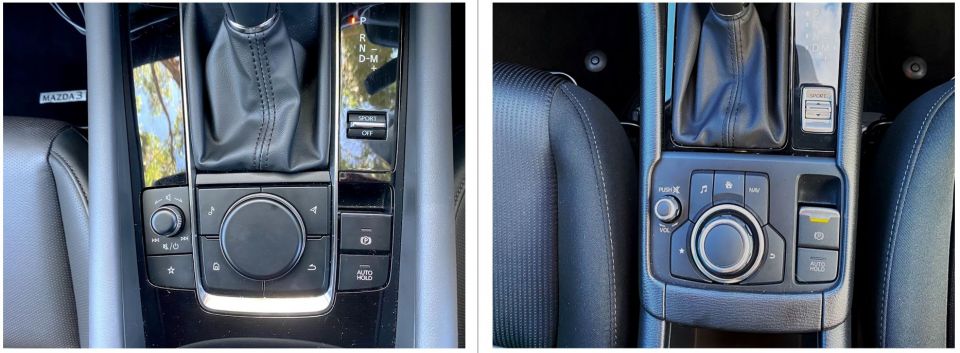

Tech Contributor
New from
$25,240
excl. on-roads

Tech Contributor
New from
$25,240
excl. on-roads


Tech Contributor
New from
$25,240
excl. on-roads

Tech Contributor
New from
$25,240
excl. on-roads
Quickly see how this car stacks up against its competition. Select any benchmark to see more details.
Where expert car reviews meet expert car buying – CarExpert gives you trusted advice, personalised service and real savings on your next new car.
Mazda currently offers two different infotainment systems, as it transitions from the ageing MZD Connect system we know to the seventh-generation system debuted in the new Mazda 3 and CX-30.
Over a two week period we tested cars fitted with both: The 2020 CX-3 and 2020 3 hatch.
The former packs the sixth-generation MZD Connect system, while the newer 3 hatch has the latest seventh-generation version. It’s a step change between the two, no doubt about it.
MZD Connect hasn’t just seen software updates between generations. Looking at each vehicle you’ll quickly notice the hardware changes, changes which mean the sixth-generation version can’t be easily made to match the modern option.
The systems still using a rotary dial and buttons, in some ways similar to the BMW iDrive system, placed behind the gear lever. The dial is larger in new models, but still carries the Home/Music/Navigation/Favourites and Back within reach.
It’s comfortable to use once you get used to it. The volume dial is in the same location for both.

There’s no touchscreen in the new car, and it only works at standstill in the CX-3. With the displays set forward so far, they’re realistically out of reach anyway.
While touchscreens are becoming more common, the loss is probably only going to be felt using Android Auto or Apple CarPlay – standard since day one in the new car, and added the CX-3.
Seeing your smartphone icons will immediately make you want to touch each app, but the dial does work well in both operating systems – in some cases it feels faster to use, and is potentially safer.
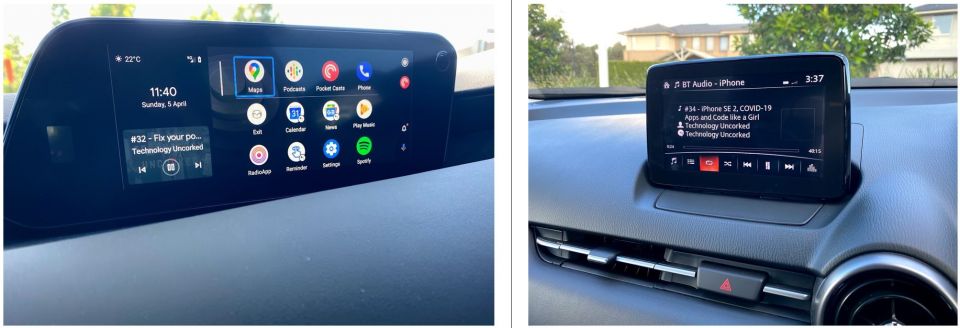
Looking at the displays the differences are clear. The CX-3 uses a 7.0-inch 800×480 display, while the Mazda 3 with the new generation system uses an 8.8-inch 1280×480 screen.
The new display is more vibrant and makes great use of the extra width, while the software has been overhauled to match. The wider display means the reverse camera can be displayed side-by-side with the surround-view camera.
When using Apple CarPlay you’ll have five columns of icons instead of the normal four. That also means the dashboard view of CarPlay can fit more information – even slight improvements to screen width makes the system far more efficient.
Android Auto still only supports four columns, but the extra space is used to show what’s currently playing and the time, date, and temperature.
You can still lean on Bluetooth connectivity in the sixth-generation car for streaming and hands-free phone calls. We also found the sixth-generation is integrated with Stitcher, which is an easy way to access podcasts.
DAB digital radio is available on both which means AM radio doesn’t sound terrible. From an audio perspective we were spoiled in the Mazda 3 fitted with Bose speakers.
Bose hasn’t done the hardware, MZD Connect has settings from Bose that enhance the listening experience – including AudioPilot, which adjusts the volume of the music based on how much road noise there is.
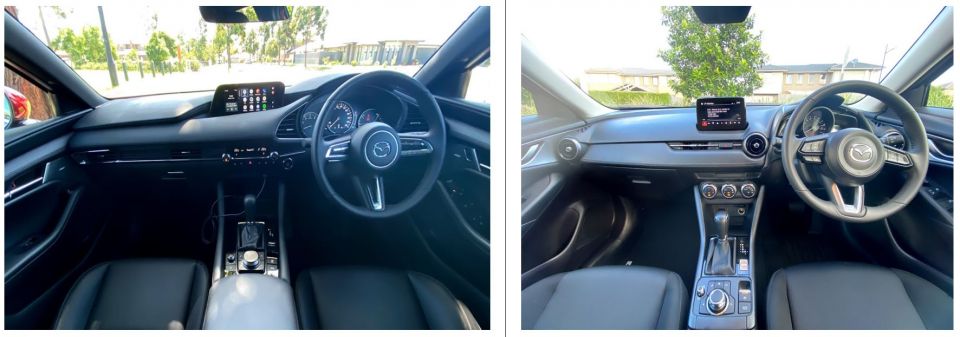
Navigation on MZD Connect hasn’t changed dramatically between versions, likely as Mazda has noticed the increase in users leaning on smartphone navigation apps instead. However both inbuilt systems performed well, recognising street names and suburbs using voice control.
The wider screen on the seventh-generation system meant we could see more of the map, along with directions on the head-up display.
The instrument cluster on both are almost totally opposite, but without major benefits.
The CX-3 uses digital displays for the rev counter and fuel gauge, and a physical dial for speed. The Mazda 3 uses a physical dial as a rev counter, a digital display for a trip computer and speed, followed by a physical combination dial for temperature and fuel levels.
The strange part about the digital speed display is the physical ring surrounding it, which means there’s very little customisation within this area – and means there’s no real benefit to using a display. It seems like an idea that stopped midway through development.
Having recently seen what Hyundai is doing with Ioniq, this change at Mazda was disappointing.

With the sixth-generation system in the Mazda CX-3 you get two USB ports and a 12V connection at the front, and a tech-free centre console devoid of any connections.
The new Mazda 3 gives you one USB port at the front, with the second located next to a 12V socket in the centre console. Both ports support Apple CarPlay and Android Auto.
Finally, the steering wheel controls have been modernised and with an easier-to-use layout, complete with better-integrated phone controls. The new controls look tidier and carry more functionality than the previous version, including radar cruise controls and lane guidance buttons.
From the wheel of the Mazda 3 you can essentially control the entire MZD Connect system, which bodes well for road safety and ultimately saves time.
The latest version of MZD Connect will also feature in the CX-30. We can’t wait for the entire fleet to move into this new era.
It feels modern and sophisticated, matching the new exterior design. When you’re making a new car purchase the infotainment system is rarely something you can upgrade later, so ensuring it is the latest is a wise choice.
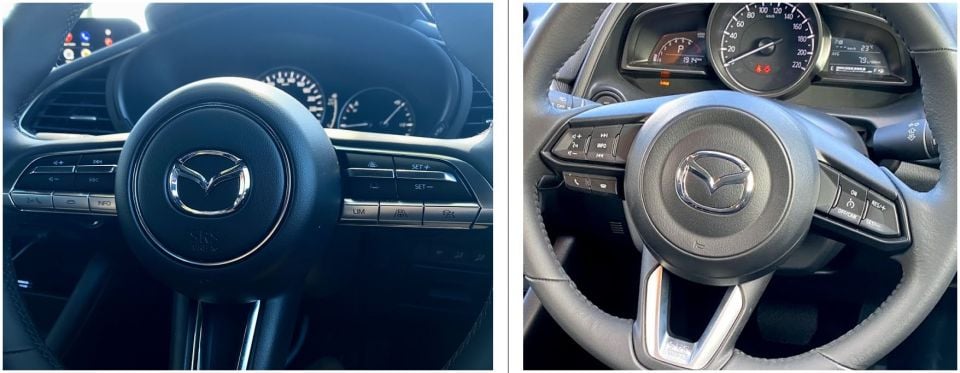
Where expert car reviews meet expert car buying – CarExpert gives you trusted advice, personalised service and real savings on your next new car.


Josh Nevett
2 Months Ago
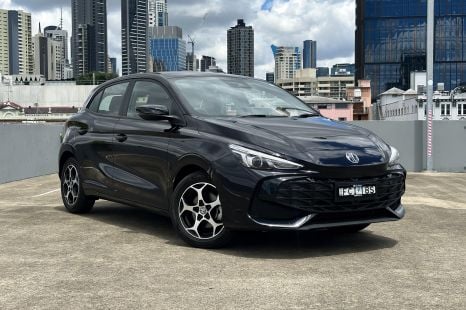

William Stopford
2 Months Ago
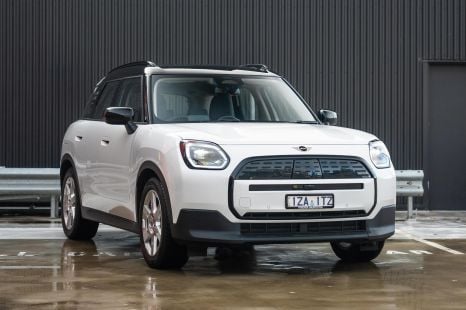

Josh Nevett
1 Month Ago
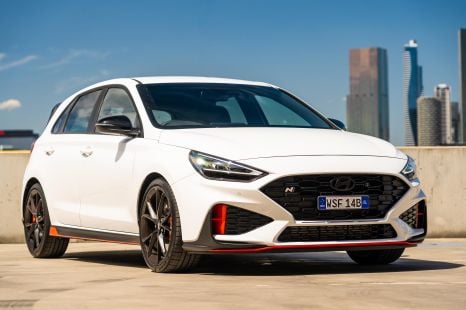

Josh Nevett
1 Month Ago
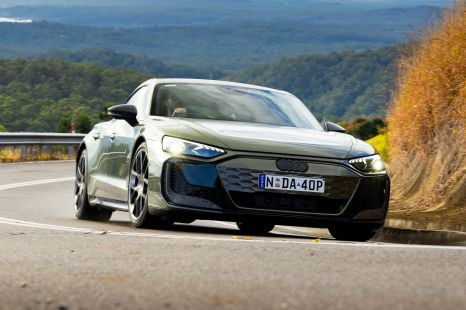

James Wong
1 Month Ago
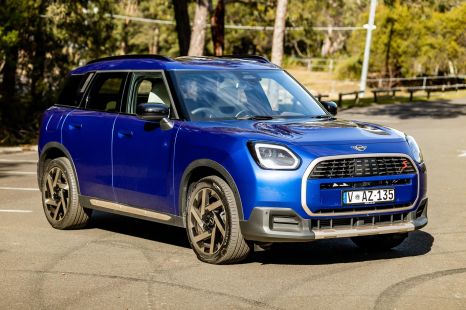

Matt Campbell
1 Month Ago